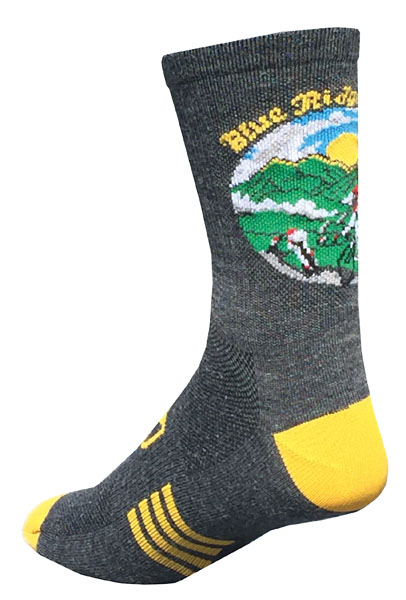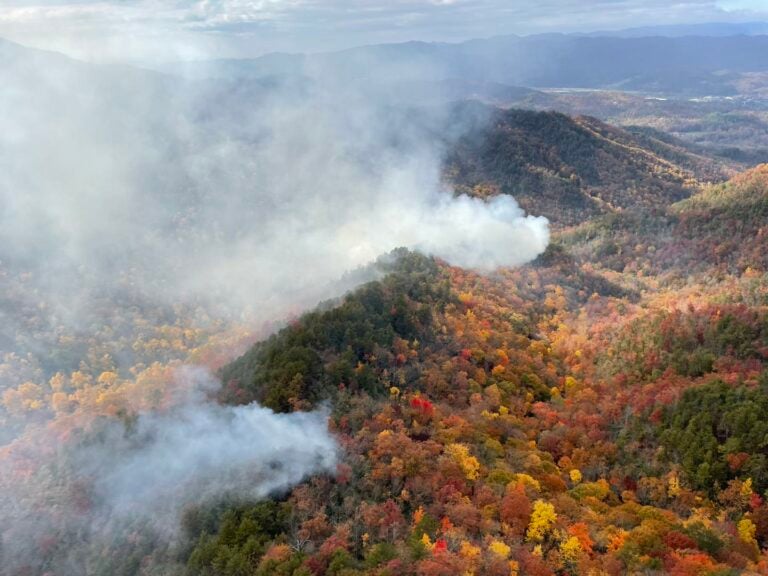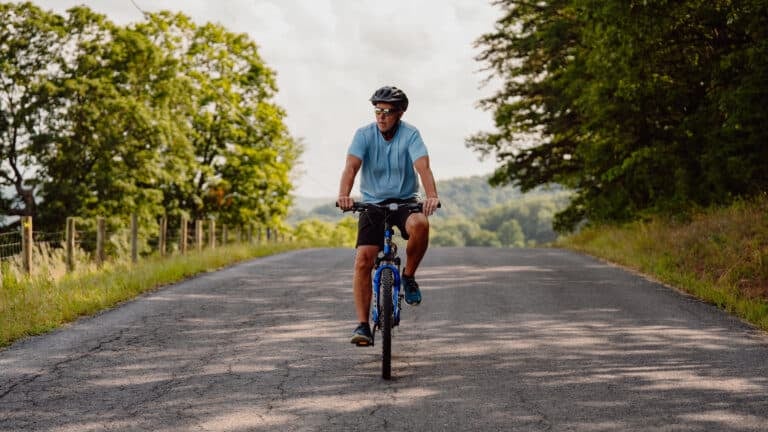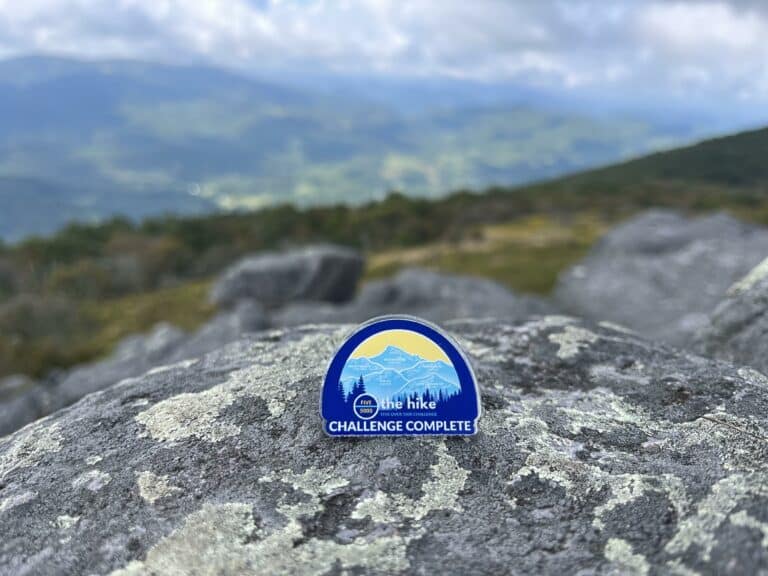Pisgah National Forest’s singletrack is legendary largely because of its brutality. Nobody knows this better than Tristan Cowie, mountain bike racer and cycling coach at Carmichael Training Systems in Brevard. Last year, the 29-year-old North Georgia-native earned podium spots at two of Pisgah’s most daunting endurance races, placing second at the Off Road Assault on Mount Mitchell and winning the Pisgah Stage Race.
“Pisgah is always a challenge, even if you’re an experienced rider,” Cowie says of his backyard singletrack.
We asked Cowie to detail the mountain bike gear that helps him master Pisgah on a daily basis.
It’s basically a really tight-fitting jersey that’s almost see-through because it’s made out of mesh. In the summer, it’s awesome because it’s so light and breathes so well.
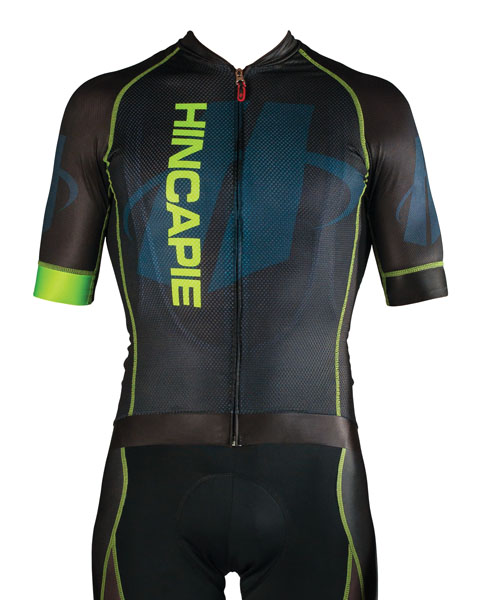
Specialized—S-Works 6 XC MB Shoes ($400)
They don’t have as much foam as other bike shoes, so they don’t hold much water and they dry fast, which is key for Pisgah because there’s always a stream crossing somewhere on the route. The power transfer is great, too. It’s like having another gear.
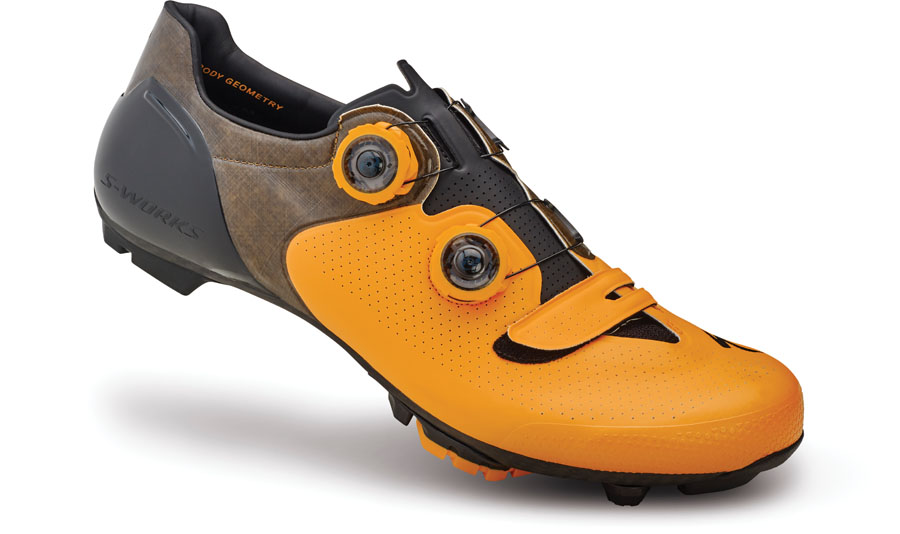
Pisgah is technical, and I kept breaking cross country forks, so I switched to this fork with more travel. And then you need to learn how to adjust it. Having properly adjusted suspension allows your bike to work more efficiently.
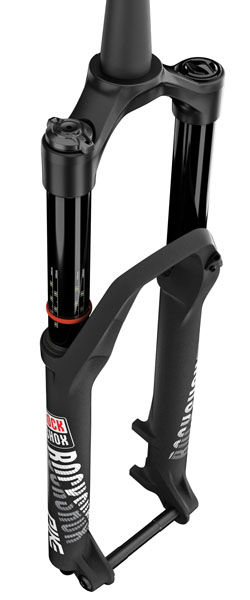
Because Pisgah is so technical, I run a more aggressive tire up front, then a more slick, faster-rolling tire in the back because most of the climbs are on gravel. The Ardent is high-volume, with an aggressive tread and all about traction.
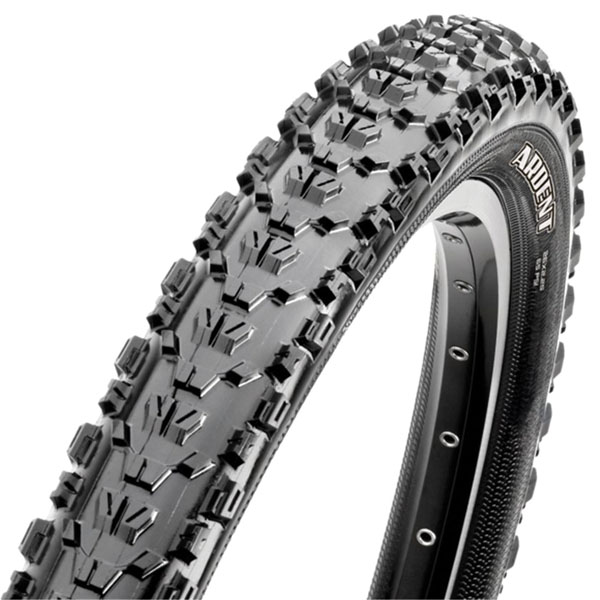
You should always bring a print map too, but loading some terrain maps in your computer will allow you to check for alternative routes during the ride. A short cut home if it starts to rain? Yes, please!
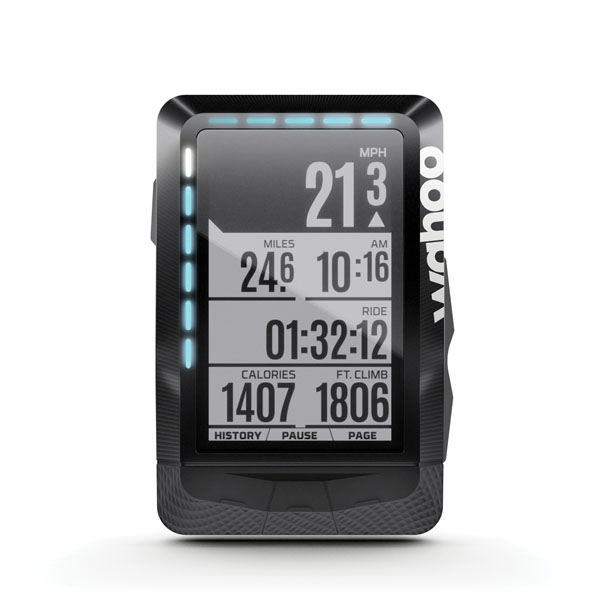
I use this bell all the time. People respond quickly to it, and it’s more polite than yelling at a hiker or horseback rider.
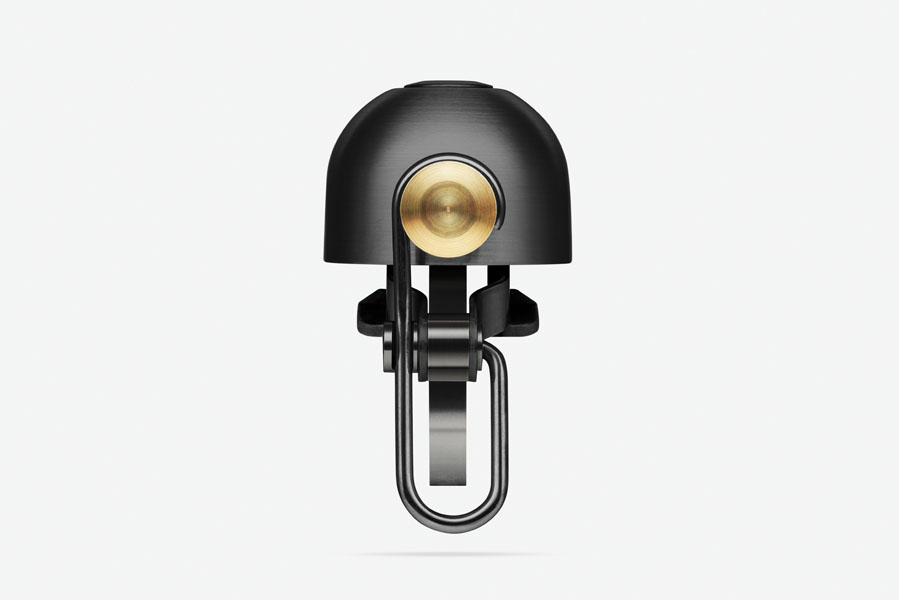
This compact, lightweight alarm is small in size but big in sound, delivering an ambulance-level continuous siren for repelling bears. It can also deter criminals, too. Worth its 1-ounce weight on your evening run.
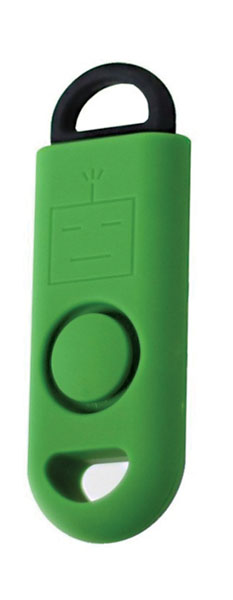
LifeSaver—4000UF Water Bottle ($150)
When disconnected from a reliable source of clean water, the LifeSaver Bottle 4000UF allows you to use water from natural sources such as ponds, lakes and rivers, to stay hydrated, while protecting you from waterborne viruses, bacteria or cysts. The replaceable cartridge can filter up to 4,000 litres of water.
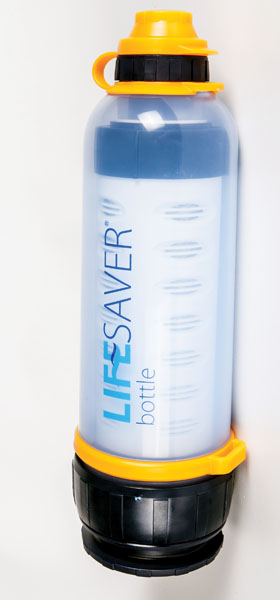
King—The Wool Socks ($18)
The lightweight wool blend socks are warm in the winter, cool in the summer, and odor-resistant. Designed by the legendary King family of cyclists in Charlottesville Va., the socks feature a seamless toe and just the right amount of compression for your foot and ankle. They’re not just for cyclists; these socks perform well hiking and running Southern Appalachian singletrack, too.
